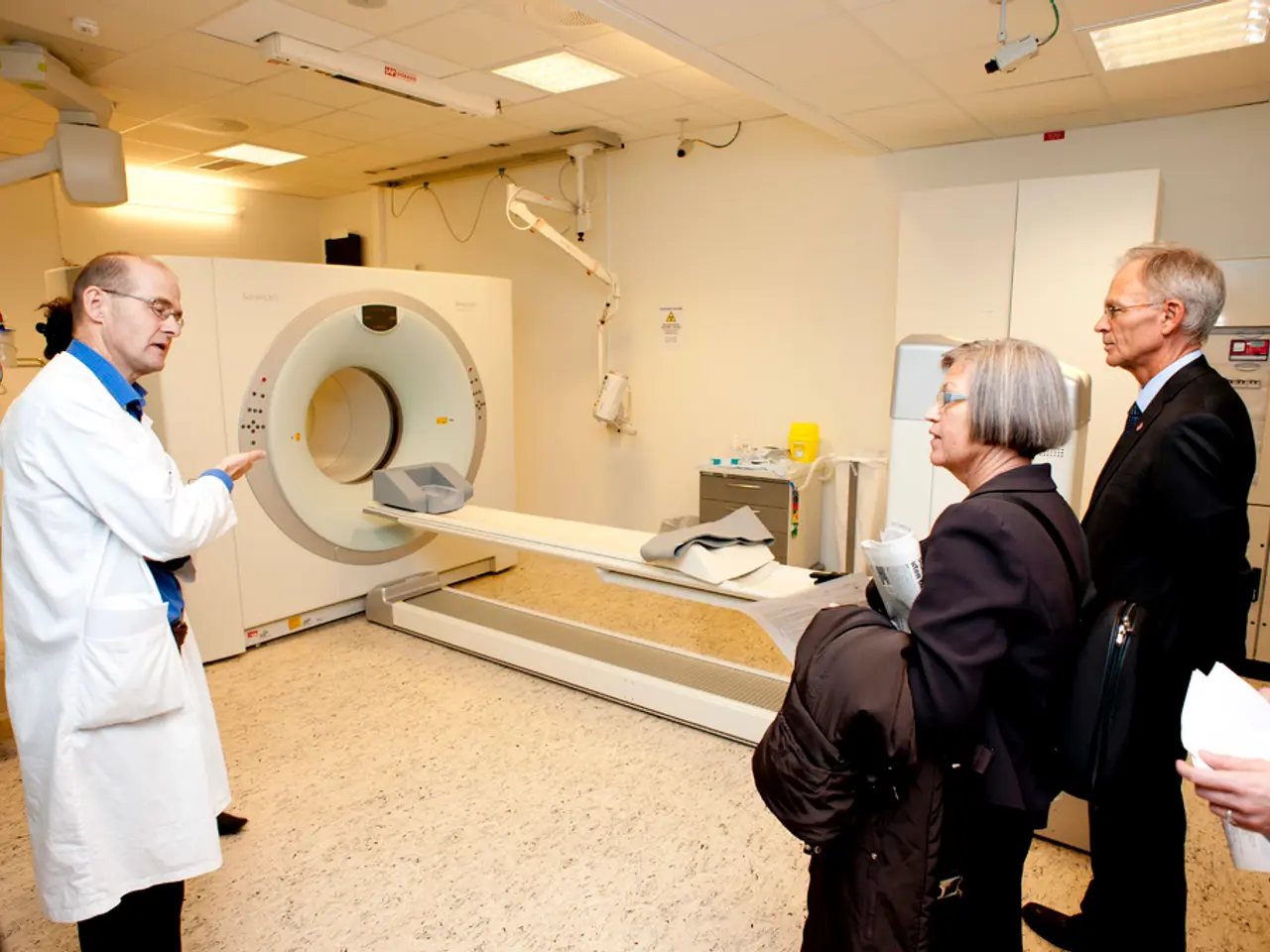Foreign medical tests in Belgium: nearly half of the candidates hail from foreign lands
Increase in Medical School Entrance Exam Candidates in French-Speaking Belgium
The number of candidates applying for medical school entrance exams in French-speaking Belgium has seen a significant rise, with far-reaching implications for foreign students.
Factors contributing to the increase:
- Belgium's multilingual medical education, offering programs in French, German, Dutch, and some English options, attracts both domestic and international students.
- The country's relatively low tuition fees and moderate living costs make it an appealing destination for aspiring medical students.
- Historically, some Belgian medical schools did not require a strict entrance exam, making access to medical programs easier. However, recent reforms or growing competition in certain universities may be increasing the need for selective admission processes.
- The expanding healthcare system in French-speaking regions requires more qualified professionals, driving more students to attempt entrance exams.
Implications of increased candidates on foreign students:
- The growing candidate pool increases competition for foreign students, making it more challenging to secure a place in French-speaking Belgian medical schools.
- Strong French language skills are essential for foreign students, as programs are primarily in French, potentially acting as a barrier or filter for entrance exam eligibility.
- The rise in candidates may lead to increased diversity and internationalization, but schools must manage selection fairly and support language and integration.
Overall impact:
- The increase in entrance exam candidates reflects growing interest and demand for medical education in Belgian French-speaking regions, driven by Belgium's multilingual offerings, affordable costs, and quality education.
- This trend could result in increased selectivity, raising the bar for admission for both Belgian and foreign students, affecting foreign student enrollment patterns and potentially sparking further reforms in entrance procedures.
- Medical schools and healthcare institutions in French-speaking Belgium may benefit from a larger, diverse pool of future healthcare professionals to address regional healthcare needs.
Additional factors:
- Approximately 30% of non-resident students are accepted to study medicine in Belgium, with most being French.
- The Belgian diploma for medicine is valid in France.
- The transition to the new French university system has been difficult, with universities publishing available places for each specialization a year later.
- The end of the numerus clausus in France may have given a false impression that doors were suddenly open to everyone.
- On July 6, 5,500 candidates took the medical school entrance exam in Brussels, Liège, Louvain, Mons, or Namur.
- Many French students who fail the selection for medicine or physiotherapy in France try their luck in Belgium.
- French students must prove they have not failed twice in higher education exams to study in Belgium.
- Jean Castex, the French Prime Minister, announced a new plan to adjust the reform in June.
In summary, the rise in medical school entrance exam candidates in French-speaking Belgium results from educational access, affordability, and healthcare demand, affecting foreign applicants by increasing competition and necessitating language proficiency, influencing the broader medical education landscape in the region.
[1] Belgian Federal Public Service Education and Training [2] Academy of Research and Higher Education (Academia Belgae) [4] Fédération des Communautés Francophones de Belgique
- The rising interest and demand for medical education in Belgium, owing to factors such as its multilingual offerings, low tuition fees, and expanding healthcare system, are attracting both domestic and international students, promoting a new focus on health-and-wellness and education-and-self-development.
- The increasing need for selective admission processes in Belgian medical schools, due to growing competition and higher demand from medical-conditions and health-and-wellness-related fields, may have significant implications for foreign student enrollment and education pathways, necessitating improved language skills and support systems.




